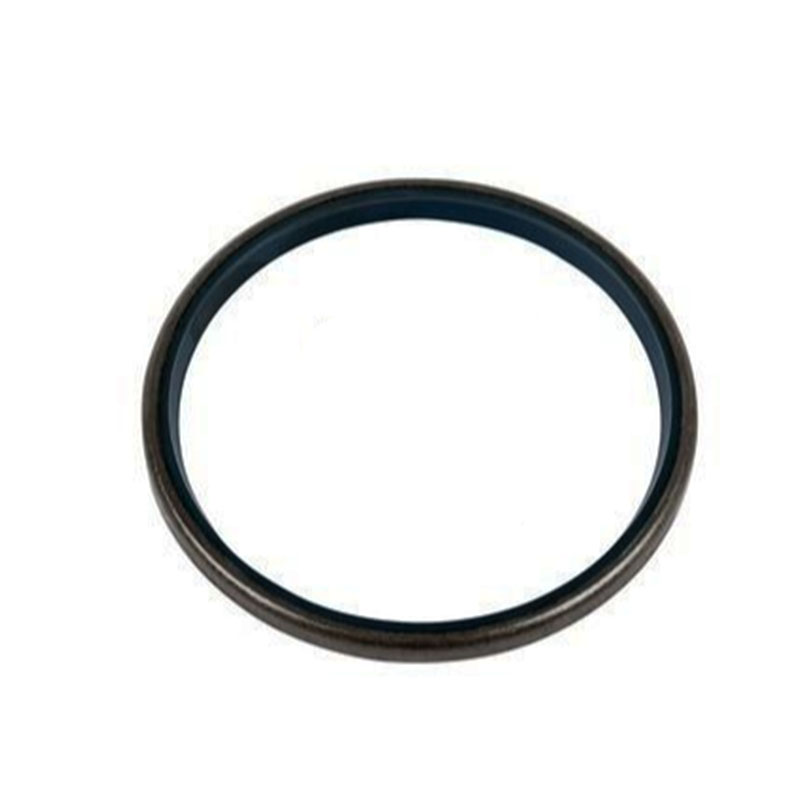Understanding the Importance of Industrial Oil Seals in Machinery Performance
The Importance of Industrial Oil Seals
In the realm of industrial machinery and equipment, efficiency and reliability are paramount. One of the often-overlooked components that play a critical role in achieving this efficiency are oil seals. Specifically designed to prevent the leakage of lubricants, oil seals are essential for maintaining the functionality and longevity of machinery. This article explores the significance of industrial oil seals, their types, applications, and factors to consider during selection.
What Are Industrial Oil Seals?
Industrial oil seals are mechanical devices that fill the gap between stationary and moving components in machinery. They are typically made of durable materials like rubber, polymer, or metal, designed to withstand various harsh conditions, including temperature fluctuations, pressure variations, and exposure to chemicals. Oil seals prevent lubricants from leaking and protect internal components from contaminants such as dirt, dust, and moisture.
Types of Industrial Oil Seals
There are several types of industrial oil seals, each tailored to specific applications. The most common include
1. Rotary Oil Seals Designed to seal rotating shafts, these seals consist of a flexible lip that maintains contact with the shaft, ensuring maximum oil retention.
2. Static Seals These seals are used in applications where there is no relative motion between components, effectively sealing joints and preventing leakage.
3. Encapsulated Seals These seals combine the flexibility of rubber or elastomer materials with the durability of metal, providing enhanced protection against extreme conditions.
4. Specialty Seals These are customized seals designed for niche applications, such as high-temperature environments, corrosive substances, or high-pressure situations.
Applications of Oil Seals
Industrial oil seals are ubiquitous across various sectors, including
industrial oil seals

- Manufacturing Machinery and equipment in manufacturing plants rely heavily on oil seals to ensure smooth operations and reduce maintenance costs.
- Automotive Oil seals are critical components in engines, transmissions, and differentials, preventing oil leaks and enhancing performance.
- Agriculture In agricultural machinery, oil seals protect against dirt and moisture, extending the life of equipment operating in tough conditions.
- Aerospace Precision-engineered seals are used in aircraft systems to maintain the integrity of lubricants, crucial for safety and performance.
Selecting the Right Oil Seal
Choosing the appropriate oil seal is vital for optimal performance. Factors to consider include
- Material Compatibility The seal material should be compatible with the lubricants and operating environment to prevent degradation.
- Temperature and Pressure Ratings The seal must be rated for the specific temperature and pressure of the application to avoid failure.
- Size and Design Accurate sizing is crucial, as an improperly sized seal can lead to leaks and equipment failure.
Conclusion
Industrial oil seals are an integral part of machinery that often goes unnoticed until a failure occurs. Understanding their functions, types, and applications is essential for anyone involved in machinery maintenance and operations. By selecting the appropriate oil seal for specific industrial needs, companies can ensure operational efficiency, reduce maintenance costs, and extend the lifespan of their equipment. The attention to detail in choosing the right seals reflects a commitment to quality and reliability in both production processes and equipment performance. In the competitive industrial landscape, such diligence can set companies apart and pave the way for success.
-
Understanding the Front Main Engine Seal: Purpose, Maintenance, and Installation
News Jul.29,2025
-
Understanding O-Rings and Seal Rings: Types, Applications, and Custom Solutions
News Jul.29,2025
-
Understanding Crankshaft Oil Seals: Rear Seals, Pulley Seals, and Their Role in Engine Integrity
News Jul.29,2025
-
The Importance of Front and Rear Crankshaft Seals in Engine Performance and Oil Management
News Jul.29,2025
-
Crank Oil Seals: Functions, Types, and Cost Considerations in Engine Maintenance
News Jul.29,2025
-
A Comprehensive Guide to O-Rings and Seals: Types, Materials, and Global Applications
News Jul.29,2025
-
Mastering Diesel and Performance Engine Maintenance: A Guide to Critical Oil Gaskets
News Jul.28,2025
Products categories















